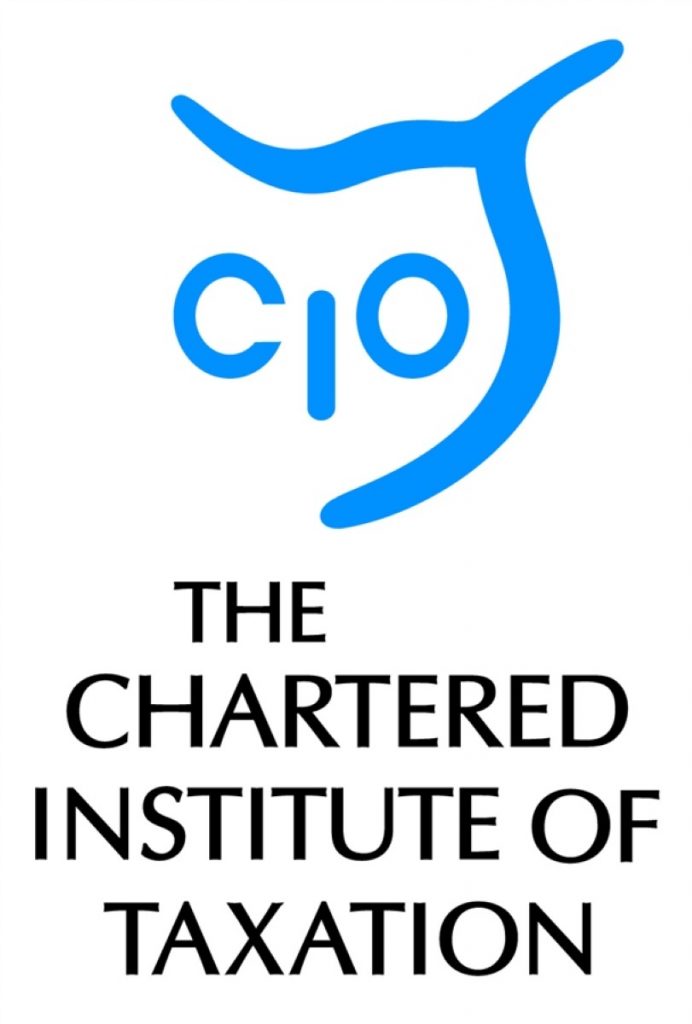HMRC penalties – towards a fairer and more effective regime?
In a discussion document issued yesterday1, HMRC raise a number of questions about the way they apply the penalty regimes when people fail to comply with their tax obligations. They want to differentiate between ‘deliberate and persistent non-compliers’ and those who make an occasional error for which responses other than penalties are appropriate.
Anthony Thomas, Chairman of the Low Incomes Tax Reform Group, commented:
“HMRC are right to be launching this debate on the penalties regime for taxpayers. While some penalties may target and deter deliberate defaulters, they also catch the vulnerable, making their interactions with the tax system even more difficult than they need to be. In the last year in particular, we have been drawing HMRC’s attention to cases in which the bluntness, inflexibility and disproportionate effect of their penalty regimes are plain to see.
“For example, failure to file a self-assessment return can lead to penalties of £1,600 or more over the course of a year, even where no tax is due. Exactly the same regime applies to the deliberate defaulter as to the previously compliant taxpayer who has slipped up for the first time, perhaps because they have fallen ill (say with depression) or have become afflicted with dementia. That cannot be right.
“The system needs to distinguish between the honest majority who want to get their tax right and the dishonest minority who are out to cheat the system.
“We are keen to work with HMRC towards a fairer and more just penalties regime. Maybe the answer lies in making better use of powers already in the legislation, such as to accept a taxpayer’s reasonable excuse for defaulting or to recognise special circumstances as qualifying for a reduction or remission of a penalty. This would involve giving HMRC officials more discretion within a wider and more flexible, but still clearly defined, set of parameters.
“Whatever the answer turns out to be, the cases we have seen point clearly to the need for reform, and HMRC are to be commended for setting out on that road.”
Notes to editors
1. The consultation, HMRC Penalties: a Discussion Document, can be read in full here.
2. The Low Incomes Tax Reform Group (LITRG)
LITRG is an initiative of the Chartered Institute of Taxation to give a voice to the unrepresented. Since 1998 LITRG has been working to improve the policy and processes of the tax, tax credits and associated welfare systems for the benefit of those on low incomes.
3. The Chartered Institute of Taxation (CIOT)
The CIOT is the leading professional body in the United Kingdom concerned solely with taxation. The CIOT is an educational charity, promoting education and study of the administration and practice of taxation. One of our key aims is to work for a better, more efficient, tax system for all affected by it – taxpayers, their advisers and the authorities. The CIOT’s work covers all aspects of taxation, including direct and indirect taxes and duties. Through our Low Incomes Tax Reform Group (LITRG), the CIOT has a particular focus on improving the tax system, including tax credits and benefits, for the unrepresented taxpayer.
The CIOT draws on our members’ experience in private practice, commerce and industry, government and academia to improve tax administration and propose and explain how tax policy objectives can most effectively be achieved. We also link to, and draw on, similar leading professional tax bodies in other countries. The CIOT’s comments and recommendations on tax issues are made in line with our charitable objectives: we are politically neutral in our work.
The CIOT’s 17,000 members have the practising title of ‘Chartered Tax Adviser’ and the designatory letters ‘CTA’, to represent the leading tax qualification.





-01.png)